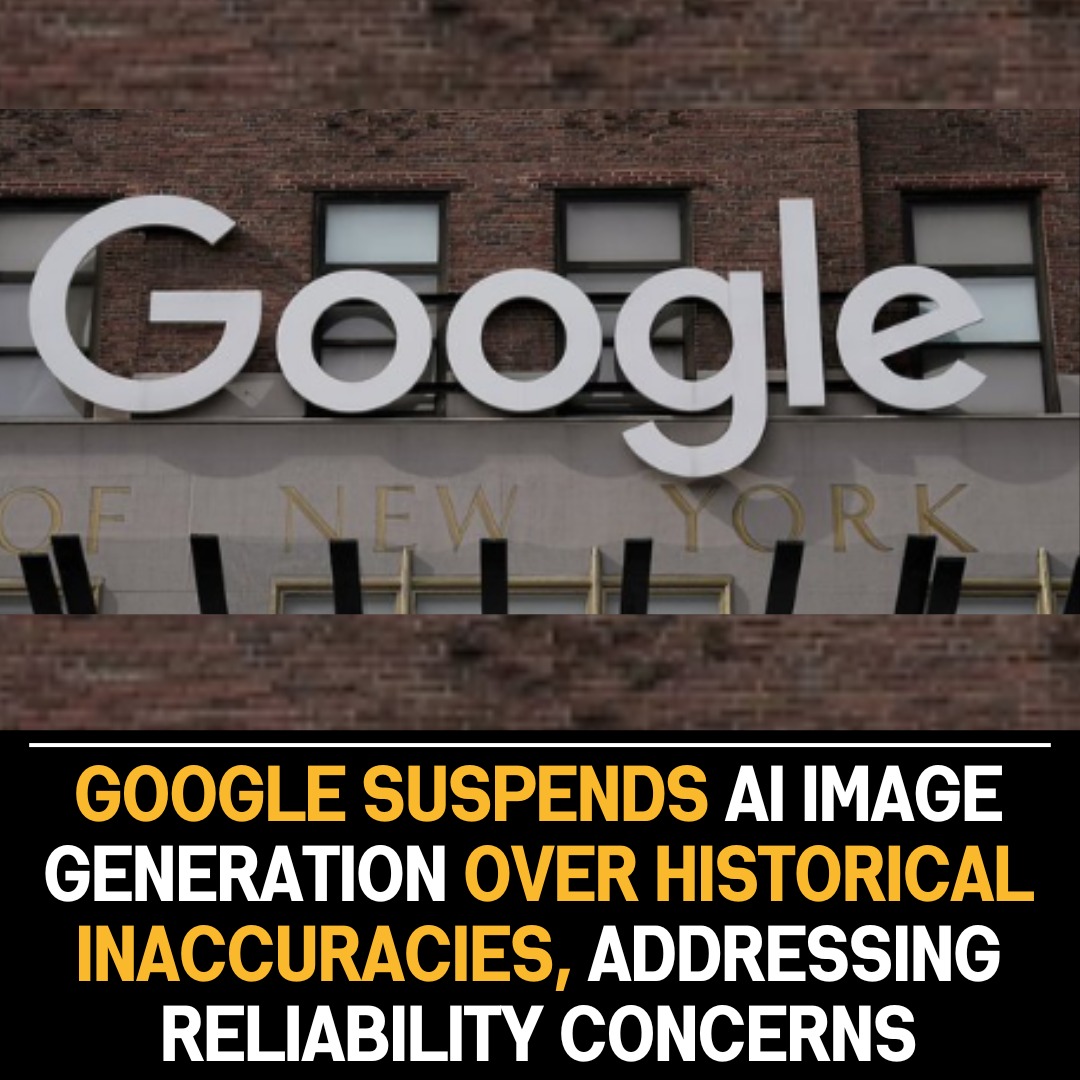Google has taken a significant step by suspending its AI image generation efforts, citing concerns about inaccuracies in historical images. This decision underscores the tech giant’s commitment to addressing issues related to the platform’s reliability and historical fidelity.
The AI image generation technology employed by Google has been a subject of considerable attention due to its ability to recreate and enhance historical images. While the concept is innovative and holds the potential to provide a fresh perspective on the past, recent concerns have surfaced regarding the accuracy of these generated images.
Historical accuracy is a critical aspect when it comes to portraying and interpreting images from the past. Inaccuracies in these depictions can distort historical narratives, leading to misunderstandings and misinterpretations. Google’s decision to halt AI image generation reflects a responsible approach to mitigate such risks and uphold the integrity of historical representation.
The concerns surrounding reliability pertain to the AI system’s interpretation and recreation of details within historical images. In some instances, the technology may inadvertently introduce inaccuracies or artifacts, potentially altering the context and authenticity of the depicted scenes. This has raised questions about the reliability of AI-generated historical content and its impact on how users perceive and understand historical events.
Google’s move to address these concerns by temporarily suspending AI image generation demonstrates a commitment to quality and accuracy. It provides an opportunity for the company to reassess and refine its algorithms, ensuring that the technology aligns more closely with historical truth and fidelity.
The decision also reflects a broader industry awareness of the ethical considerations associated with AI technologies. As artificial intelligence continues to evolve, companies are grappling with the responsibility of ensuring that these tools are used ethically and do not inadvertently contribute to the spread of misinformation or distortion of historical facts.
In conclusion, Google’s decision to halt AI image generation in response to concerns about inaccuracies in historical images is a commendable step toward ensuring the reliability and historical fidelity of the platform. It highlights the importance of responsible AI development and the need for ongoing scrutiny to address potential pitfalls in technology that could impact how we perceive and understand the past. As the tech giant works to enhance the accuracy of its AI image generation, it sets a precedent for other organizations to prioritize ethical considerations in the development and deployment of AI technologies.









